I have a new book out (or nearly out – it’ll be published on the 15th February 2022).


VITAL SIGNALS is a second collection of cutting-edge sci-fi from Virtual Futures. Co-edited with Tom Ward and Stephen Oram, it features established authors such as Tim Maughan, Simon Ings, Geoff Ryman and Ken MacLeod alongside a host of newer voices.
I’m really pleased with this one. It’s been an honour to work with these authors, every single one of whom seems to have tunneled through time into the very near future and come back to tell the tale.
You can order the book here: http://www.newconpress.co.uk/info/book.asp?id=195&referer=Catalogue
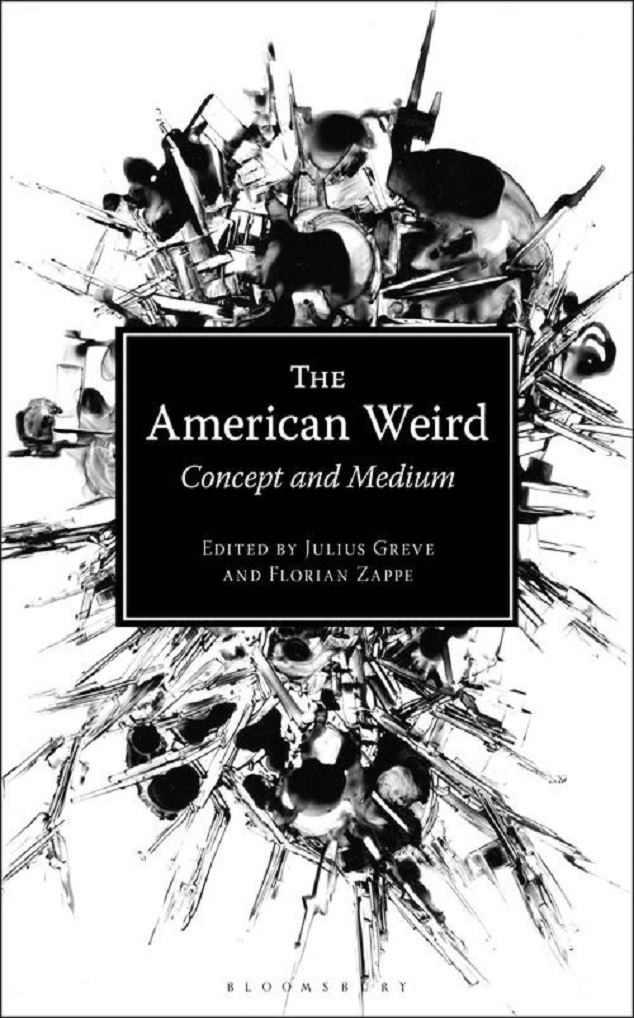
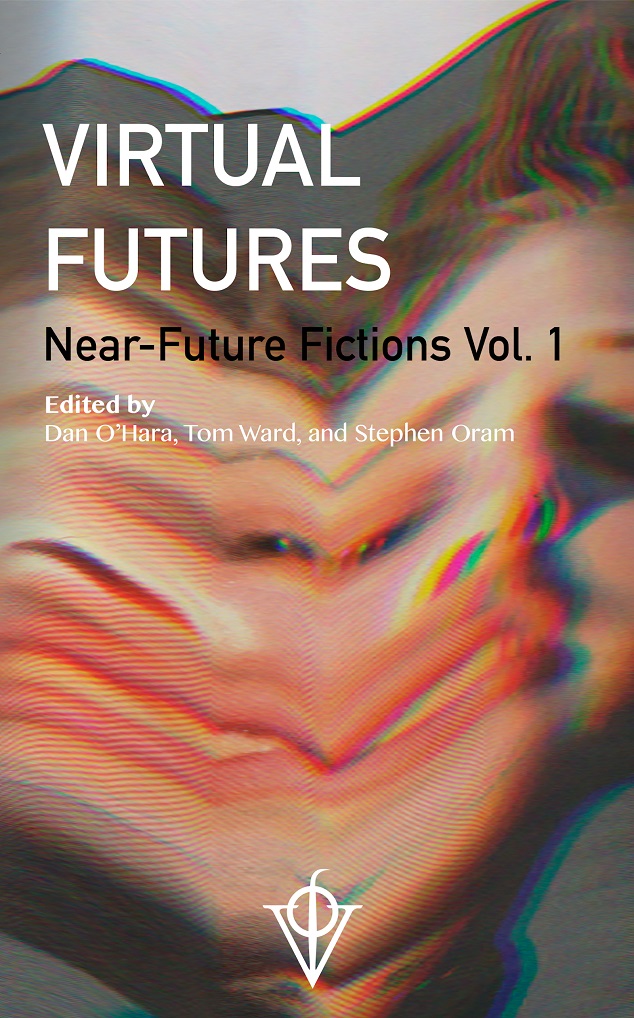
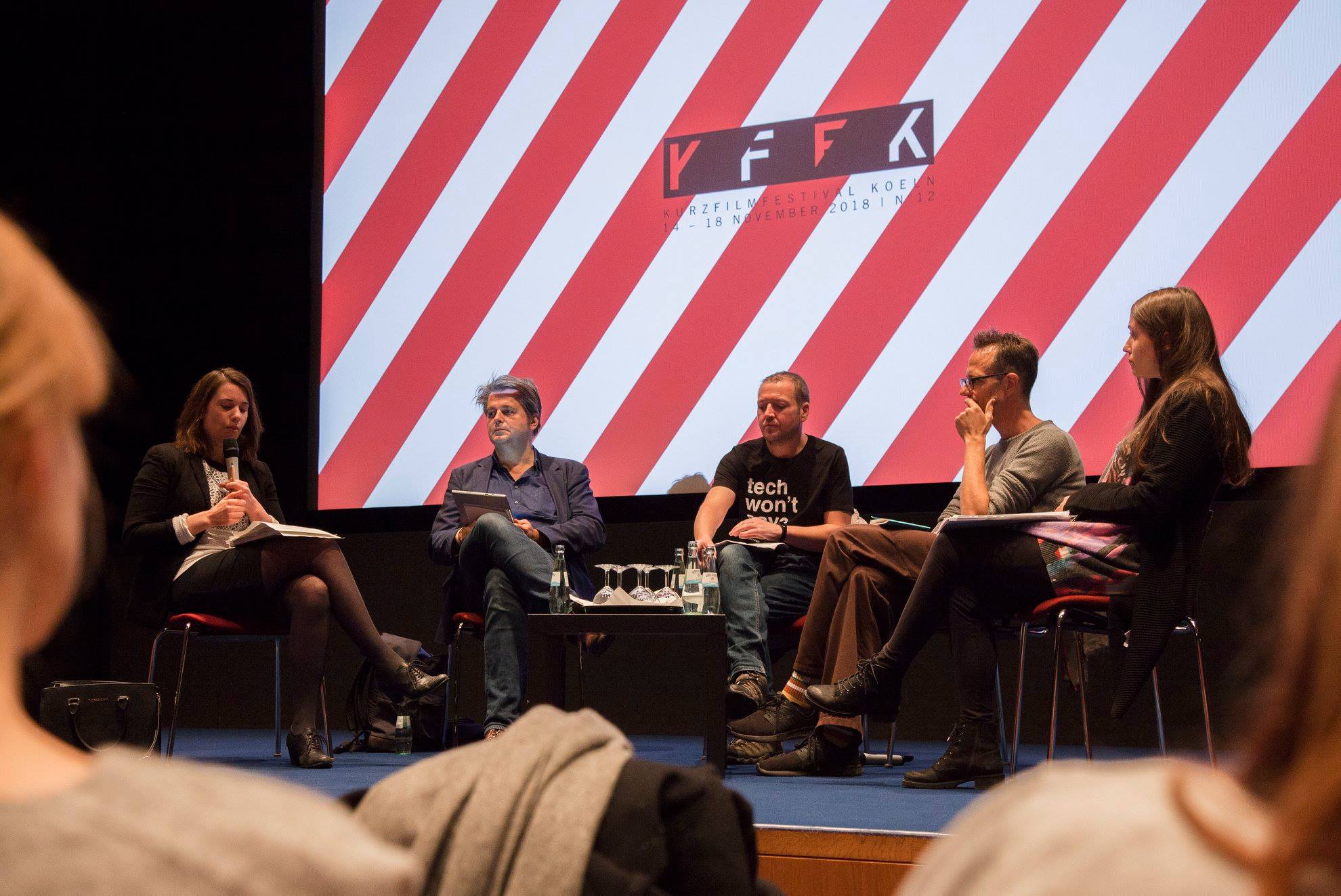



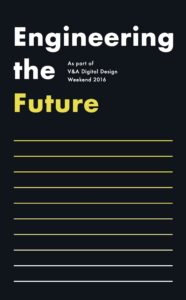


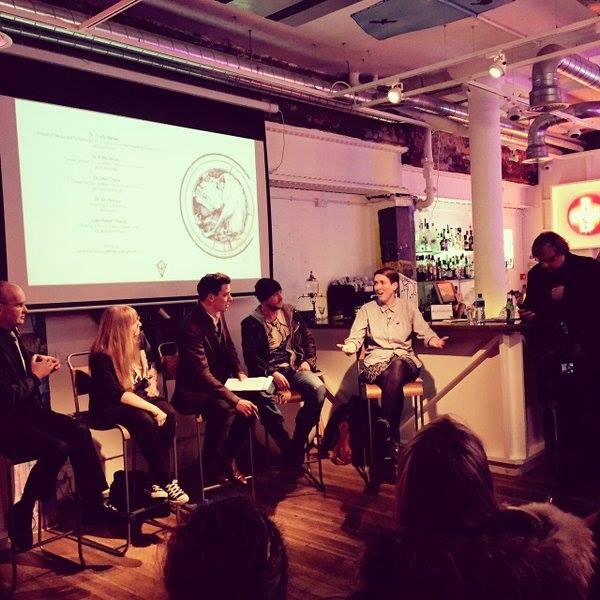
 Contact
Contact